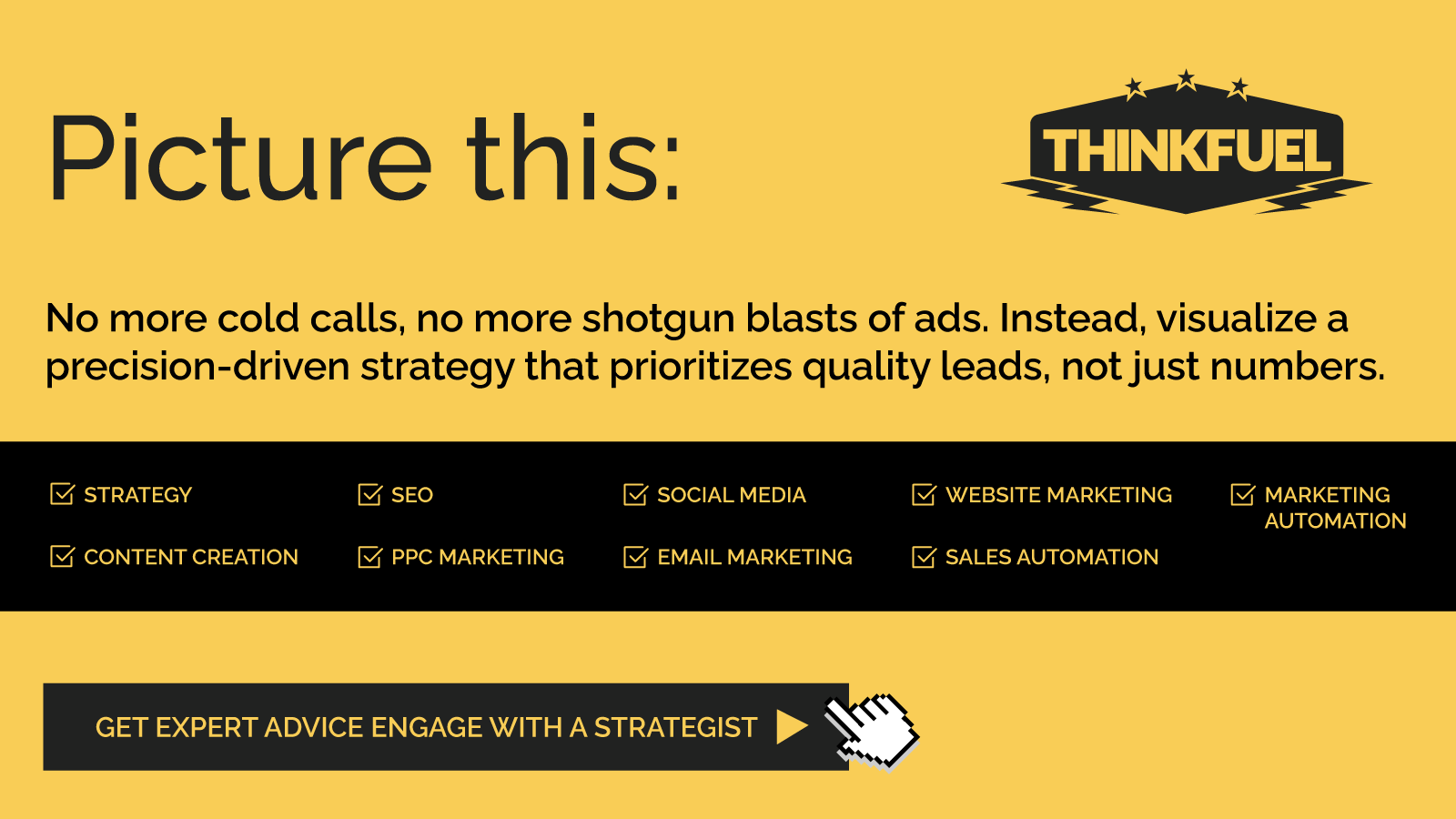Decoding How Google Navigates AI Content Creation Challenges
AI-generated content. It’s changing the way content is produced in major and minor ways. But how does that affect SEO? Should we worry about it? Will rankings sink or rise to new levels with the use of AI? It’s time to explore Google’s “Googlebot,” how the search engine behemoth handles AI-generated content, how quality is assessed, and how content is indexed.
What about ethical concerns? It’s a delicate balance. There are quality issues as well. AI content can be quality content if you’re careful. And what does the future hold for content creation AI? Google’s Martin Splitt recently held a webinar addressing just those issues. It’s a lot to digest, so let’s get started.
The Googlebot and Page Rendering
Googlebot is the generic name for Google’s web crawlers for desktop and mobile that simulate the user experience. The Googlebot downloads files to render web pages, creating them by assembling the HTML, images, CSS, and Javascript.
Google does not use a separate process for AI content. They use the same method as for any other content, using quality detection or control processes at different stages in the rendering process, and these processes can detect poor-quality content before rendering the page.
If Google sees a webpage with low-quality content, the page may not be rendered at all. But if a page seems to be empty or the bot is uncertain, rendering will be attempted to perform a quality assessment.
This same quality detection method is used for AI-generated and human-authored content, and an algorithm that was designed for quality detection was discovered, without alteration, to be able to identify low-quality AI-created content automatically.
Google says that detecting and controlling quality are ingrained in their methods and applied equally, no matter the content origin.
Indexing and AI-Created Content
What is indexing? Google indexes a page if it has been visited by the Googlebot, it is analyzed for content and meaning and stored in the Google index. Only indexed pages appear in Google search results – if they conform to the Google Search Essentials. Most pages are crawled before indexing, but Google may also index pages even if access to their content is blocked.
When it comes to AI for content creation, using AI to manipulate search results violates Google’s spam policy, but all AI-generated content is not considered spam. The focus is on high-quality, original content that shows expertise, experience, trustworthiness, and authoritativeness per their policy. AI is not considered spam if it provides helpful content that is not original, like weather forecasts and sports scores.
For businesses, AI-driven tools can not only assist with content creation but also enable more personalized and data-driven marketing strategies. Learn more about how AI enhances marketing efforts.
Ranking
When it comes to ranking, the key is to meet the principles of relevancy and meaning, whether content is generated by AI or by humans. That means the same factors apply: relevance of content, content quality, backlinks, and authority.
AI tools like ChatGPT for SEO can find hot topics and create content, and if this meets Google quality guidelines, it can rank well. And AI-generated content can be personalized to a user’s needs and preferences, which leads to improved content relevance and engagement that leads to higher rankings.
How Does Google Define Quality Content?
Your website can be penalized with low rankings, or your links can be removed from its index if the Googlebot finds low-quality content. So, how do you use AI for content creation? Whether your content is generated by a human or by AI, the same rules apply. Content must:
- Be written for users and not search engines
- Provide information users are looking for without resorting to deceptive titles – misleading titles mean a penalty.
- Expert-level content. Both humans and algorithms can tell if content is created by an amateur or a professional.
- Be a resource by linking to other high-quality content from reputable sources.
- Be fresh. Your website and its content are crawled repeatedly to see if something new has been published.
- Long-form because the algorithm assumes longer content is higher quality.
AI-Based Content Creation and SEO
Google already relies on sophisticated algorithms for ranking, using AI and machine learning to provide the most relevant results. How can content marketing AI improve SEO?
The heart and soul of SEO is keyword research combined with content optimization. With AI, these tasks can be automated and improved because AI can understand semantics, identify search trends, and predict user behaviour. It can also help optimize content to be more relevant and engaging, analyze user behaviour to improve content, and generate vital page elements like meta tags and headings.
The Ethical Concerns of AI For Content Creation
While the Googlebots haven’t changed, Google’s guidelines have for content creation AI. The new guidelines focus on de-emphasizing spam to promote content that meets their current criteria.
Whether a human copywriter produces content or you are using content marketing AI and AI for Google search, the emphasis is on original, high-quality content that includes the E-E-A-T qualities for search ratings. E-E-A-T means “experience, expertise, authoritativeness, and trustworthiness.” However, these are left up to interpretation.
The Institute of Electrical and Electronics Engineers has outlined some of the ethical concerns in the use of AI based content creation, including bias, plagiarism, theft of intellectual property, and the technology’s ability to produce fake news, misinformation, and misleading content.
Bias
Of primary concern is bias. Humans still program AI, and this training data can include obvious or unconscious bias by those training it. To meet the definition of trustworthiness in the context of Google requires using diverse and representative datasets.
Plagiarism
Content creation AI can also include plagiarism that is difficult to detect. This has led to the development of both a special name – algiarism – as well as tools to detect it.
Security
Security is also an issue because hackers can use AI content tools to generate quite convincing spam messages and images rife with malicious code. Chatbot users can also offer sensitive information that can be mined.
Legal Questions
Who owns the right to AI-generated content? Is it the person who generated it? Is it the person or company who provided the data? It’s important to note that the U.S. copyright office says that AI-generated images are not protected because they weren’t produced by humans, and Canada takes the same stance. There are pushes from various organizations in both countries to change this.
AI and Human Writers
The two basic schools of thought are that AI will replace human writers or that AI will make them more powerful. Right now, only 33% of marketers surveyed in 2022 were using AI to generate content. Why? Because it is faster and cheaper.
However, AI-based content creation tools cannot take the place of human expertise. It can, they say, create efficiencies. For all of the ethical concerns raised above, humans must still be part of the equation. And while amateur writers think they can simply write prompts and generate useable copy, they should think again.
AI copy tends to be cold, soulless, and artificial, requiring a human touch. Humans have the edge regarding creativity, emotional intelligence, context and cultural understanding, and storytelling. And accuracy.
The best copy comes from a combo of humans the AI. AI offers time efficiency, scalability, and consistency and can be quite cost-effective. Humans add creativity and emotional connection, understand complex subject to create rich and more accurate content, insert emotional appeal, bring a unique tone and perspective, and human writers are nothing if not adaptable, able to adjust style and approach to meet specific content needs.
In Conclusion…
Content creation AI will continue to evolve. They already perform grammar and spelling checks, can make content suggestions as well as create it, analyze style and tone, and optimize content.
AI for content creation will, in the future, automate more and more routine tasks human writers currently perform, such as product descriptions. Although the role of AI in content creation will likely expand, AI-generated content will likely involve a blend of humans and machines, making the future both exciting and uncertain.
The best advice? Leverage AI where it gives you an advantage, but make sure that humans perform rigorous checks for accuracy, plagiarism, and copyright.
Table of contents
Share this
You May Also Like
These Related Stories

How AI-Generated Responses Can Hurt Your Business—And How AEO Fixes It

Mastering SEO in 2025: The Updated Guide to Ranking and Driving Traffic

